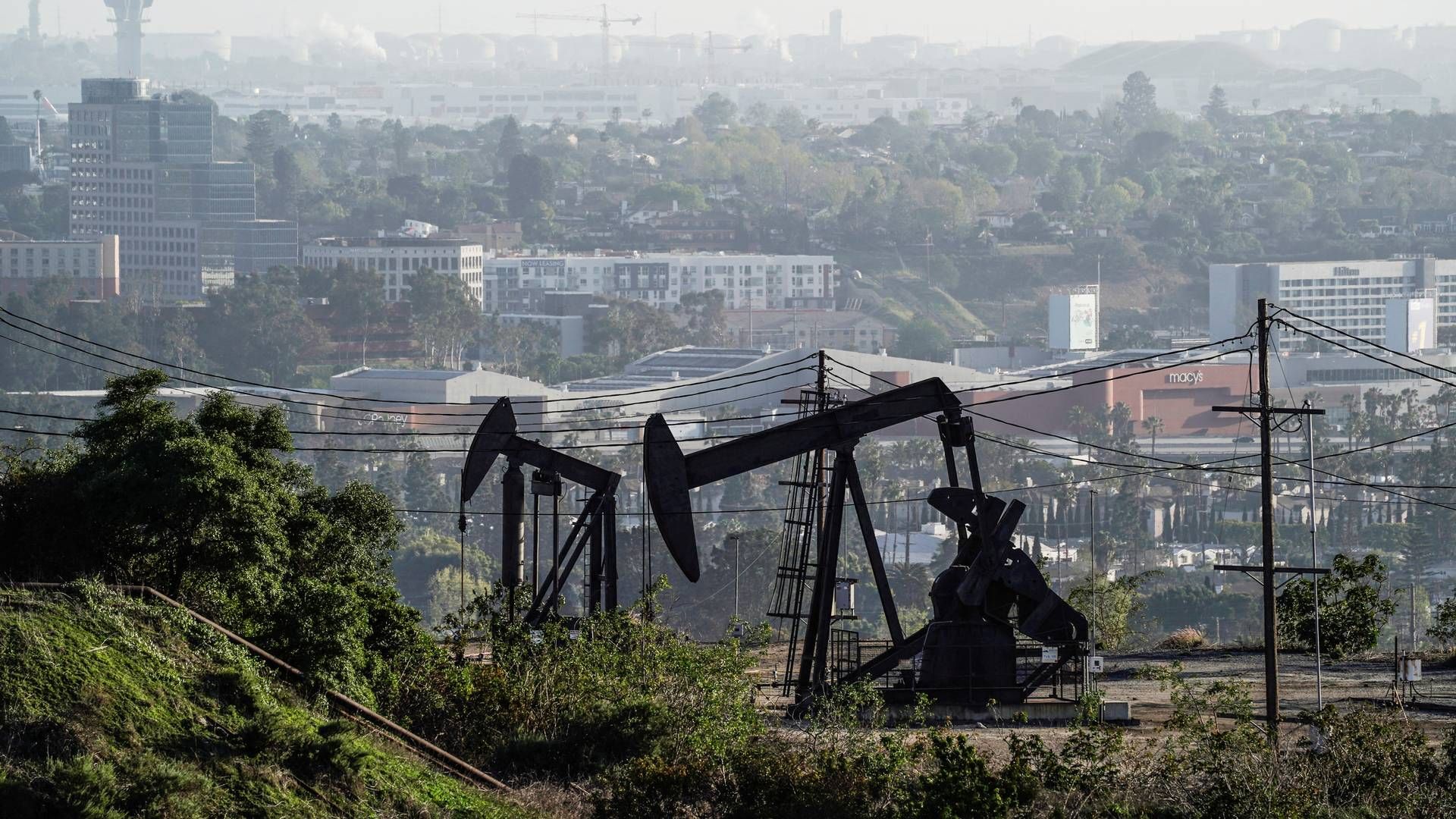Oil prices rise with supply chain disruptions in Liberia and Nigeria

Oil prices are rising on Friday morning following supply chain disruptions in Liberia and Nigeria, as well as hopes of higher demand due to slowing US inflation, Reuters reports.
A barrel of the European reference oil, Brent, costs USD 81.38 Friday morning compared to USD 81.09 Thursday afternoon. At the same time, US WTI oil was trading at USD 76.92 compared to 76.65 Thursday afternoon.
A number of oil fields in Libya were shut down on Thursday in protest by a local tribe following the kidnapping of a former minister. The protests in Libya alone could reduce the number of barrels of oil per day by 250,000, according to ANZ Research. Separately, Shell has suspended a shipment of oil from Nigeria due to a suspected leak at a terminal.
”Oil prices are rising on expectations that the oil market will become very tight as Libya and Nigeria deal with disruptions, while Russian crude oil exports are finally falling,” Edward Moya, senior analyst at Oanda, told Reuters.
On the demand side, a weakening US dollar and a slowing pace of consumer price increases in the US have raised hopes for an end to the Federal Reserve’s interest rate hikes and increased demand.
On Thursday, the Organization of the Petroleum Exporting Countries (OPEC) increased its forecast for oil demand growth in 2023.
(Translated using DeepL with additional editing by Christian Radich Hoffman)
Related articles
IEA lowers expectations for global oil demand in 2023
For subscribers




















